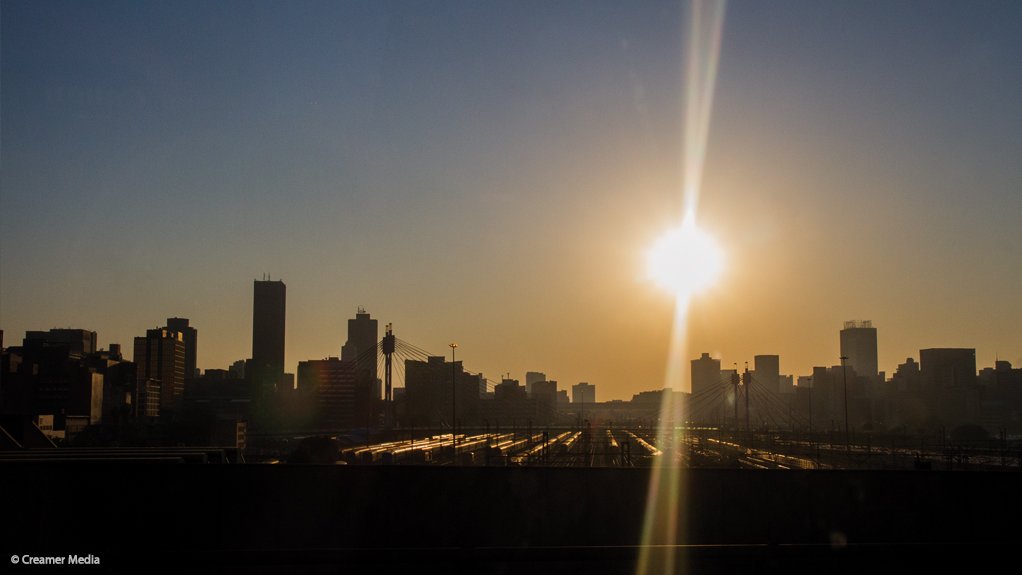South Africa’s biggest city plans to seek at least R3.8-billion in investment in solar and gas-fired power as well as battery storage to improve electricity supply.
The City of Johannesburg will issue a request for information for the construction of a 150-megawatt solar plant, 50 megawatts of rooftop solar panels and the refurbishment of an idle gas-fired plant that could generate 20 megawatts in September, the municipality said in a presentation on Thursday. It will also seek information for the installation of 100 megawatts of battery storage.
“We would need to go out to the market to ask for independent power producers for an expression of interest to find out how many of them are able to come with their own capital,” Paul Vermeulen, chief engineer for renewable energy at City Power, Johannesburg’s power company, said in an interview. Johannesburg would “simply buy the power from that plant,” he said.
The plans, which aim to see power provision by 2024 and 2025, come after South Africa said last year municipalities could buy electricity from providers other than Eskom Holdings SOC Ltd., the state utility that’s subjected the country to intermittent outages for over a decade.
City Power is looking into implementing a new tariff structure that would allow independent producers to use Eskom’s grid to transmit electricity to customers, a process known as wheeling.
“Wheeling has the potential to unleash significant private investment in clean energy at no cost to Johannesburg city,” said Vermeulen.
In addition, City Power wants to produce solar energy from the rooftops of its own buildings and purchase some battery storage. That could produce 8 megawatts of electricity and R78-million has been set aside for that in the next financial year, he said.
Renewable Target
The city would prefer to spend money on fixing its rickety transmission system, which currently results in frequent outages. Land around disused mines, some of which is owned by the city, could be leased to independent power producers to set up solar plants, Vermeulen said.
The city has set itself a target of getting 35% of its power from renewable resources by 2030. Ultimately the city could need 350 megawatts of solar-power generation and 250 megawatts of battery storage to supplement purchases from Eskom, according to the presentation. Peak demand in winter is more than 1 200 megawatts.
EMAIL THIS ARTICLE SAVE THIS ARTICLE
To subscribe email subscriptions@creamermedia.co.za or click here
To advertise email advertising@creamermedia.co.za or click here











